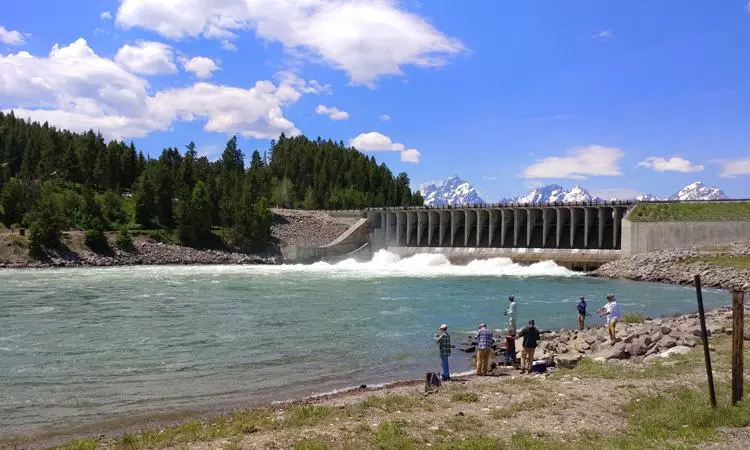Last month, I turned 41 years old and with many of my friends in our 40s now there are all sorts of new conversations that I once thought were only for "old people". Prostate health is one of those topics, but it really should be something that even younger guys are aware of beyond the dreaded "prostate exam" that can come as a surprise the first time your doctor decides to check it. Despite the uncomfortable nature of the conversation though, it's important that men of all ages consider the importance and a healthy prostate and do what we can to avoid and/or cope with prostate cancer.
Men's health is often a sensitive subject since most guys don't discuss our weaknesses and ailments the same way that women do. As a result, despite the fact that 1 in 9 men will be diagnosed with prostate cancer it's something that isn't talked about as often as other cancers such as lung, breast, or cervical cancer. It's up to us to help change that though. While ultimately cancer tied to such an intimate area of the male body will NEVER be a comfortable subject to discuss, we need to do so to help reduce the stigma and stay healthy.
To help this goal, they ask that you visit the Prostate Cancer Foundation website and share your story so that we can reduce the stigma and help increase the understanding of men's health.
What Does The Prostate Do?
While we all dread the thought of one day having a "prostate exam", most of us really don't understand what the prostate is. For the most part, I think that's because as guys we are lucky that most of our parts are easily accessible on the outside. The prostate however is a gland that is part of the male reproductive system that rests between your bladder and rectum, wrapped around your urethra and is designed to secrete prostatic fluid to help carry sperm from your testicles through your penis and our of the body.
As men age, it's natural for the prostate to expand. For instance, in your 20's the prostate might be the size of a walnut but by the time you are 40 it might be the size of an apricot. Since part of your prostate surrounds the urethra, this growth can impact the normal operation of that tube causing problems when you have to pee. However, other maladies can occur too and that includes prostate cancer.
Even if you are one of the men that doesn't get prostate cancer, more than a quarter of us will have symptoms of an enlarged prostate that will interfere with urination. This includes the bladder not completely emptying and the sudden urge to pee or simply feeling like you need to strain to finish urinating.
How to Maintain a Healthy Prostate ...
While there are medicines and surgeries to treat prostate cancer as well as BPH or "benign prostatic hyperplasia" - a noncancerous enlargement of the prostate, many of these can have sexual side effects such as erectile dysfunction or problems related to ejaculation.
That's why it's important to focus on living a healthy life from the time you are younger to reduce the instances of prostate cancer and BPH before you have troubles.
Always As Your Doctor For His (or Her) Opinion -
Even if you are a young man in his teens or twenties, it's never too young to start the conversation with your doctor. As for his or her advice before starting any supplements or specific regimen.
General Health is Important -
Living a generally healthy life with proper nutrition and exercise is important to maintaining an overall healthy body and immune system. Poor nutrition habits and obesity are the leading causes of cancer in general.
Foods That Support Prostate Health -
While there's no "miracle food" to prevent prostate cancer, certain foods do have critical nutrients that are important for prostate health as well as reducing inflammation. These include nuts and seeds - especially Brazil Nuts and Sesame Seeds. These foods are rich in zinc and foods that are naturally rich in zinc are easier for the body to absorb than zinc supplements. Brazil Nuts are also high in zinc, but are especially rich in selenium which is also important for prostate health - a nutrient that has been shown to be associated with a lower risk for prostate cancer.
Other foods such as salmon are excellent sources of Omega-3 Fatty Acids, but you can also get those from walnuts, flax seeds, chia seeds, and canola oil as well as Omega-3 Fish Oil. These healthy fats - along with exercise can help decrease obesity and also help reduce inflammation.
Fruits and vegetables including Bell Peppers and Oranges that are high in Vitamin C can also help reduce the risk of BPH. Tomatoes have an important nutrient too. Lycopene has been shown to reduce the risk of developing prostate cancer as well as helping men with BPH.
